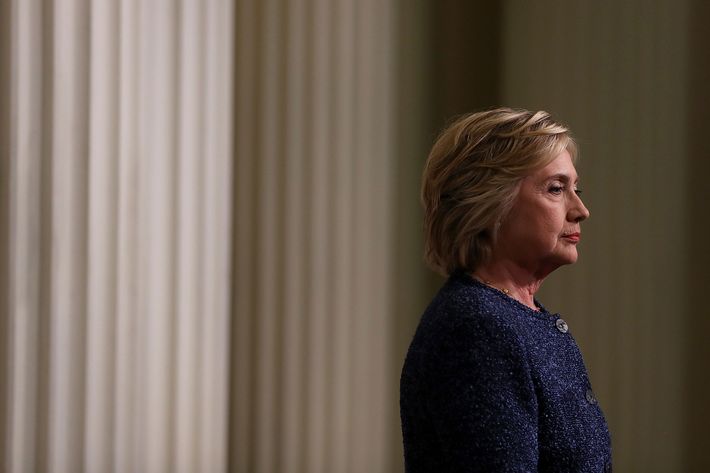.

As Hillary Clinton struggles to win a presidential election many observers expected her to put away early and by a large margin, explanations for her problems have varied. She’s simply an unpopular and not particularly lovable figure, many say. She’s the victim of a quarter-century of demonization by the right, say others. She’s just running a lousy campaign, some believe.
But there is another factor that has little to do with her individual qualities or with her campaign. It is the “third term” issue: She is the candidate of the party that has controlled the White House for the last eight years. “Fatigue” with the status quo normally would not affect her as much as it would an incumbent; the election is not strictly going to be a “referendum” on Barack Obama. His popularity matters, though, which is why most “fundamental” models for predicting the outcome of this election make the president’s job approval a pretty important piece of the puzzle.
There is something unique about Hillary Clinton, however, that makes the burden of the past she bears unique as well, as pointed out by Sabato’s Crystal Ball:
She is not simply seeking President Obama’s third term and, in a sense, being responsible for the Obama record (good and bad), but in a way she is also pursuing Bill Clinton’s third term, too. Never before has a party nominee been held accountable for two two-term presidents.
This insight obviously helps explain the extraordinary antipathy Republican “base” voters feel toward her: She is the heir to four presidential terms’ worth of GOP anger and frustration, which boiled over once into an impeachment and then solidified into a determined strategy of obstruction unlike anything we have seen since the southern resistance to civil rights.
Beyond the GOP base, though, the accumulated legacy of the Clinton and Obama administrations is a mixed bag for most persuadable voters. It includes the best and worst economic times since the Great Depression and the postwar boom — a lot of accomplishments and a lot of disappointments. Hillary Clinton was an abiding and unavoidable presence through it all. No wonder she sometimes seems to bear the weight of the whole world. An awful lot of the perceptions of who she is and what she represents are totally beyond her control as she seeks to place her singular stamp on a divided country.
If the 2016 election eventually turns on the question of whether a majority of the electorate decides it is “time for a change,” then there is no candidate who more represents continuity with the recent past than Hillary Clinton and no candidate who more represents a shocking departure than Donald Trump. That Clinton is undoubtedly the progressive in the field, while Trump is the champion of those who long for the America of the 1950s, just adds to the irony.






























